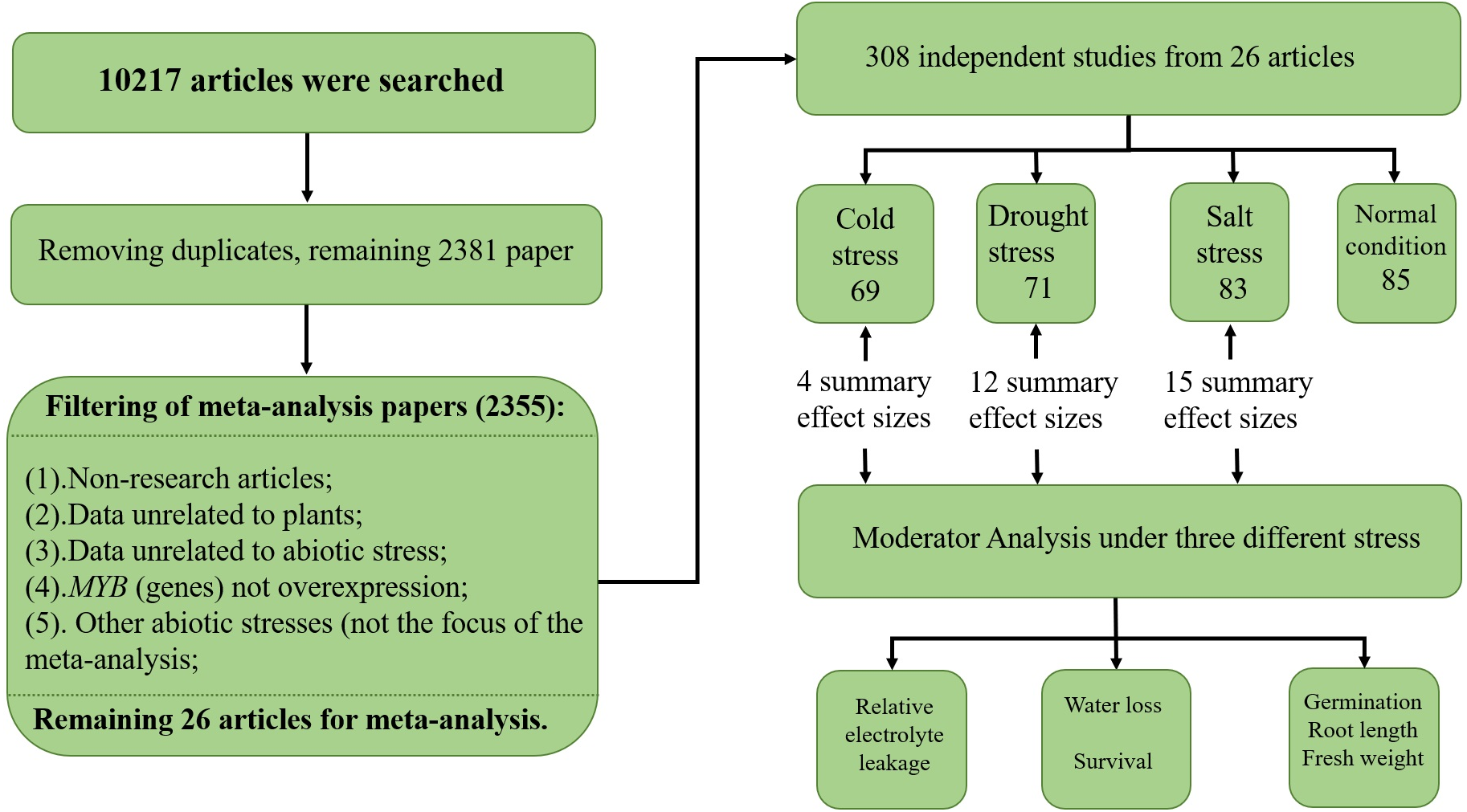

We aimed at estimating the rate of quotation errors in the field of medicine and at finding out how many of the errors were major-i.e., not at all coherent with a claim by citing authors-and how many were minor. Citation accuracy-the correctness of bibliographic information-is not the subject of this study.

Also, earlier work did not take into account the role of indirect references or different statistical approaches to measuring quotation accuracy.Īs a consequence, we carried out a systematic literature review and meta-analysis of studies on quotation accuracy in medical journal articles. Wager & Middleton (2008) summarized the research published until mid-2007, but we are not aware of a systematic and current review or of a meta-analysis estimating quotation accuracy in medicine. One of the more recent studies ( Luo et al., 2013), however, found major discrepancies between author statement and source cited (“major error”) in 14.5% of all references. The authors considered 6,3% of all references “seriously misleading” for the reader. Results differ: for example, in what is probably the first study on the subject, De Lacey and co-workers ( 1985) reported that 15% of 300 references contained quotation errors, that is errors of content as opposed to mere formal errors in citation, such as errors in author names or page references (reference or citation errors). Several studies have investigated the extent to which quotations in medical articles support authors’ claims or whether they are inaccurate (an overview is provided by Wager & Middleton (2008)). Also, citations form the basis of most relevant evaluation metrics for academic performance, e.g., Impact factor, Hirsch factor, or SCImago Journal & Country Rank. Insofar as transparency of scientific reasoning is important as a means and an end of evidence based medicine, correct quotations are a vital part of evidence based communication. In scientific communication in medicine citations are indispensable for explaining the rationale or the conclusions of a study, or for the argument of a review paper. Ideally, they confirm statements by the authors or refer to work important to the understanding of a text and, thus, enable readers to understand the context of an article. Future research should elucidate if and to what degree quotation errors are detrimental to scientific progress.Ĭitations are an essential and defining element of scientific manuscripts. Measures against quotation errors include spot checks by editors and reviewers, correct placement of citations in the text, and declarations by authors that they have checked cited material. Readers of medical journal articles should be aware of the fact that quotation errors are common. There was no indication of publication bias.Ĭonclusions. The findings remained robust in a number of sensitivity and subgroup analyses (including risk of bias analysis) and in meta-regression.

Indirect references accounted for less than one sixth of all quotation problems. While heterogeneity was substantial, even the lowest estimate of total quotation errors was considerable (6.7%). Out of 559 studies screened we included 28 in the main analysis, and estimated major, minor and total quotation error rates of 11,9%, 95% CI 11.5%, and 25.4%. We carried out a systematic review, meta-analysis and meta-regression of quotation errors, taking account of differences between studies in error ascertainment. Studies indicate, however, that quotations not serving their purpose-quotation errors-may be prevalent. They should support what authors claim or provide important background information for readers. Quotations and references are an indispensable element of scientific communication. Quotation accuracy in medical journal articles-a systematic review and meta-analysis. For attribution, the original author(s), title, publication source (PeerJ) and either DOI or URL of the article must be cited. 3 Deutsches Ärzteblatt & Deutsches Ärzteblatt International, Cologne, Germany DOI 10.7717/peerj.1364 Published Accepted Received Academic Editor Elizabeth Wager Subject Areas Evidence Based Medicine, Science and Medical Education Keywords Quotation accuracy, References, Bibliography, Meta-analysis, Systematic review, Medical journals, Journalology, Citations, Impact factor Copyright © 2015 Jergas and Baethge Licence This is an open access article distributed under the terms of the Creative Commons Attribution License, which permits unrestricted use, distribution, reproduction and adaptation in any medium and for any purpose provided that it is properly attributed.


 0 kommentar(er)
0 kommentar(er)
